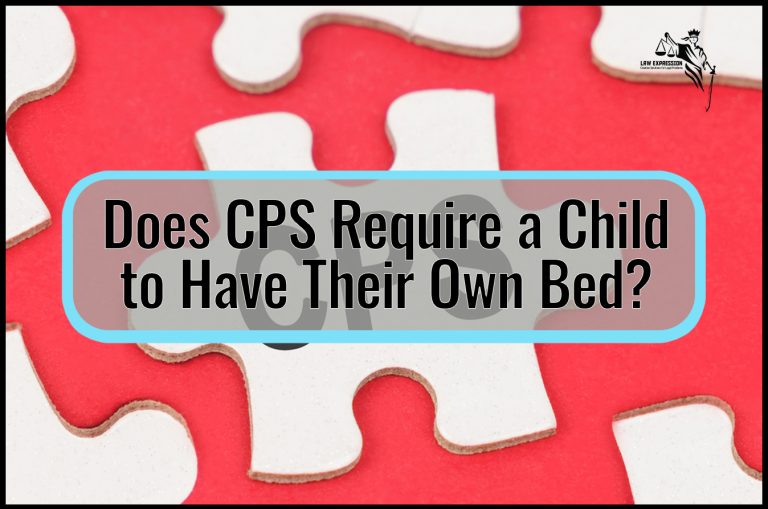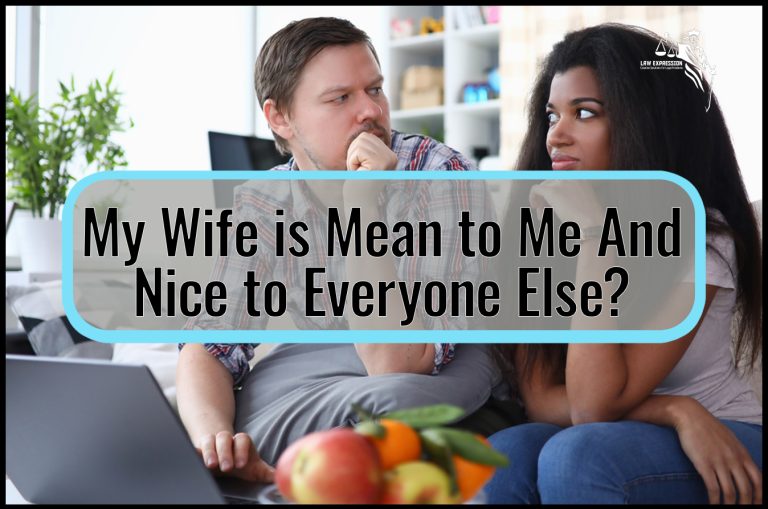How to Cope With Losing Custody of a Child?
Losing custody of a child is one of the most difficult things a parent can go through. It can be hard to accept that you are not able to care for your child the way you want to and that someone else will be raising them. Here are some tips on how to cope with losing custody of a child:
1. Accept that it is happening. This is hard, but it is important to come to terms with the fact that you will no longer have primary care of your child. This does not mean that you do not love them or that you are a bad parent, it just means that the court has decided what is in their best interests.
2. Stay involved in their life. Just because you do not have custody does not mean you cannot be involved in your child’s life. If possible, stay in touch with them regularly and make sure they know you still care about them and want to be part of their life.
3. Let go of any guilt or blame. It is easy to blame yourself when something like this happens, but it is important to remember that it is not your fault. Guilt and blame will only make the situation harder to deal with, so try to let go of those feelings and focus on coping with the change.
- First, it is important to understand that losing custody of a child does not mean that you are a bad parent
- It may be difficult to accept at first, but try to remember that the decision was made in the best interest of the child
- Take some time for yourself to grieve the loss and then try to focus on the positive aspects of your life
- If you have other children, make sure to spend quality time with them and let them know they are still loved and important to you
- Seek support from friends or family members if needed, and consider talking to a therapist if you are struggling to cope with the situation
Why a Good Mother Lost Custody of Her Child?
It is every mother’s nightmare – to lose custody of her child. But it happens, more often than we would like to think. There are many reasons why a good mother may lose custody of her child, but some of the most common reasons include:
1. Substance Abuse – If a mother is abusing drugs or alcohol, she will likely lose custody of her child. This is because substance abuse can lead to neglect or even abuse of the child. And in many cases, courts will err on the side of caution and remove the child from the home rather than risk leaving them in an unsafe environment.
2. Mental Health Issues – If a mother is suffering from mental health issues such as depression, anxiety, or bipolar disorder, she may also lose custody of her child. This is because mental illness can sometimes lead to self-neglect or even harm to the child if left untreated. In many cases, courts will order that the child be placed with a relative or in foster care until the mother gets the help she needs and can prove that she is stable and able to care for her child safely.
3. domestic violence – Unfortunately, domestic violence is all too common in our society today. And if a mother is victim of domestic violence, she may lose custody of her child if authorities feel that the home environment is not safe for the child. In many cases, courts will order that thechild be placed with a relative or in foster care until the situation has been resolved and it can be proven that the home environment is safe for the child again.
4 financial instability – If a mother cannot provide stable housing or financial support for herchild, she may lose custody as well.. In these cases, courts will typically award custodyto another family member who can provide stability forthe child.
.
How Do I Cope With Not Seeing My Child Every Day?
It can be difficult to cope with not being able to see your child every day. Here are some tips that may help you:
1. Stay in touch as much as possible.
Whether it’s through texting, calling, video chatting or even just sending each other regular updates and photos, staying in touch will help you feel closer to your child.
2. Make the most of the time when you are together. When you do have time together, make sure to focus on quality over quantity.
Spend time talking, playing and doing activities together that you both enjoy.
3. Create a support network. Talk to other parents in similar situations, join relevant online forums or support groups, or even seek professional counseling if needed.
Having a supportive network will help you feel less alone and better equipped to deal with the challenges of not seeing your child every day.
What is Considered an Unfit Parent in Indiana?
In Indiana, an unfit parent is defined as a parent who has been found to be abusive, neglectful, or otherwise unable to care for their child. This can be due to mental illness, drug addiction, criminal activity, or any other number of factors. If a court finds that a parent is unfit, they may lose custody of their child or have their visitation rights limited.
What Do You Say to Someone Who Lost Custody of Their Child?
Losing custody of a child is one of the most difficult things a parent can go through. It can be an incredibly emotional and stressful time. If you know someone who has lost custody of their child, it’s important to be supportive and understanding.
Here are some things you can say to offer comfort and support:
I’m so sorry for what you’re going through. This must be really hard for you.
I’m here for you, no matter what you need.
It’s natural for you to feel sad, angry, and confused right now. I understand how you feel.
You’re doing the best you can under these circumstances. I admire your strength and resilience.
I’ll help you in any way I can.
Please let me know if there’s anything I can do to help make this situation easier for you.
HOW I LOST CUSTODY…
Trauma of Mother Losing Custody of Child
No one can truly understand the trauma a mother goes through when she loses custody of her child, unless they’ve experienced it themselves. It’s a heart-wrenching experience that can leave a mother feeling lost, confused and completely shattered. The pain of losing custody is often compounded by feelings of guilt, shame and failure.
A mother may feel like she’s failed her child by not being able to provide them with a stable home environment. She may also feel guilty for any role she played in the breakdown of the family unit. And lastly, she may feel shame for not being able to protect her child from harm or keep them safe.
All of these emotions can be incredibly overwhelming and debilitating. It’s important for mothers who have gone through this experience to seek out support from others who understand what they’re going through. There are many organizations and support groups available to help mothers deal with the trauma of losing custody of their child.
Conclusion
It can be difficult to cope with losing custody of a child. The first step is to accept that the situation has changed and that you need to make new plans. It is important to stay positive and focused on your relationship with your child.
You should also try to communicate effectively with the other parent and reach out for support from friends and family.



